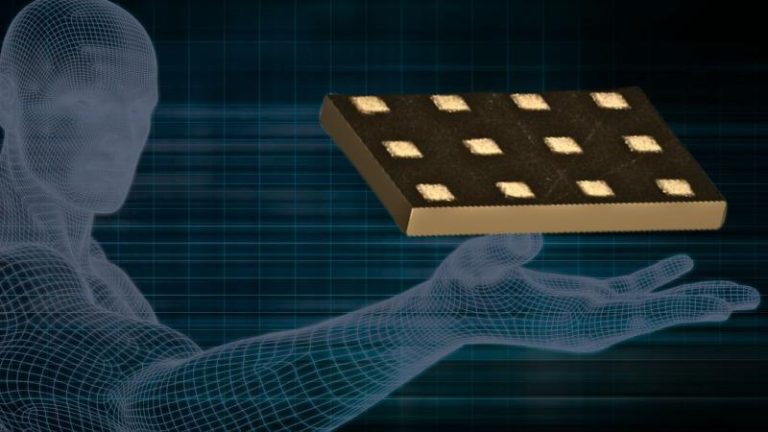
What is GBS that caused a death in Hyderabad?
Guillain Barre Syndrome (GBS) is a serious autoimmune disorder that affects the nervous system. It is a rare condition in which the immune system mistakenly attacks the nerves, causing weakness, numbness, or paralysis. The symptoms of GBS can appear suddenly and can progress rapidly, making it essential to seek medical attention immediately.
Recently, a woman from Telangana’s Siddipet died due to GBS at a hospital in Hyderabad on February 9. This tragic incident has raised awareness about the importance of recognizing the signs and symptoms of GBS, as well as the need for prompt medical treatment.
In this blog post, we will explore what GBS is, its symptoms, causes, diagnosis, and treatment options. We will also discuss the recent case of a woman who died due to GBS in Hyderabad and what doctors had to say about the condition.
What is Guillain Barre Syndrome (GBS)?
GBS is a rare neurological disorder that occurs when the immune system mistakenly attacks the nerves, causing inflammation and damage. The exact cause of GBS is unknown, but it is believed to be triggered by a viral or bacterial infection, surgery, or a vaccination.
The symptoms of GBS can vary in severity and can affect different parts of the body, including the arms, legs, face, and respiratory muscles. Common symptoms of GBS include:
- Weakness or numbness in the hands and feet
- Tingling or prickling sensations in the skin
- Difficulty walking or standing
- Loss of reflexes
- Facial weakness or paralysis
- Difficulty speaking or swallowing
- Shortness of breath or difficulty breathing
Causes of GBS
As mentioned earlier, the exact cause of GBS is unknown, but it is believed to be triggered by a viral or bacterial infection, surgery, or a vaccination. Some of the common triggers of GBS include:
- Campylobacter jejuni infection
- Epstein-Barr virus infection
- Other viral infections, such as varicella-zoster virus or Zika virus
- Bacterial infections, such as Streptococcus pneumoniae or Haemophilus influenzae
- Surgery, particularly neurosurgery or orthopedic surgery
- Vaccination, particularly the flu vaccine or the hepatitis B vaccine
Diagnosis of GBS
GBS is often diagnosed based on a combination of medical history, physical examination, and laboratory tests. The following tests may be used to diagnose GBS:
- Electromyography (EMG): This test measures the electrical activity of the muscles.
- Nerve conduction studies (NCS): This test measures the speed and strength of nerve signals.
- Lumbar puncture (spinal tap): This test involves collecting a sample of cerebrospinal fluid to rule out other conditions.
- Blood tests: These tests may be used to check for underlying infections or other conditions.
Treatment of GBS
There is no cure for GBS, but treatment is aimed at managing symptoms and preventing complications. The following are some of the common treatment options for GBS:
- Intravenous immunoglobulin (IVIg): This treatment involves injecting antibodies into the bloodstream to reduce the immune system’s response.
- Plasmapheresis: This treatment involves removing the abnormal antibodies from the blood and replacing them with normal antibodies.
- Physical therapy: This treatment helps to improve muscle strength and mobility.
- Respiratory therapy: This treatment helps to improve breathing and prevent respiratory complications.
- Medications: These may be used to manage symptoms, such as pain, muscle spasms, or respiratory distress.
Recent Case of GBS in Hyderabad
As mentioned earlier, a woman from Telangana’s Siddipet died due to GBS at a hospital in Hyderabad on February 9. According to doctors, the woman had been experiencing symptoms of weakness and numbness in her hands and feet for several days before she was admitted to the hospital.
Dr. Ramesh, a neurologist at the hospital where the woman was treated, said that GBS is a rare condition that requires immediate treatment to manage symptoms and prevent complications. “GBS is a serious condition that can progress rapidly, leading to paralysis and respiratory failure if left untreated,” he said.
Dr. Ramesh also emphasized the importance of recognizing the signs and symptoms of GBS, particularly in the early stages. “If symptoms are recognized early, treatment can be started promptly, and the outcome can be improved,” he said.
Conclusion
GBS is a rare but serious autoimmune disorder that can have devastating consequences if left untreated. The recent case of a woman who died due to GBS in Hyderabad highlights the importance of recognizing the signs and symptoms of the condition, as well as the need for prompt medical treatment.
As a patient, it is essential to be aware of the symptoms of GBS and to seek medical attention immediately if you experience any of the following:
- Weakness or numbness in the hands and feet
- Tingling or prickling sensations in the skin
- Difficulty walking or standing
- Loss of reflexes
- Facial weakness or paralysis
- Difficulty speaking or swallowing
- Shortness of breath or difficulty breathing
By recognizing the signs and symptoms of GBS and seeking medical attention promptly, patients can improve their chances of a successful outcome and reduce the risk of complications.
Source:
https://www.siasat.com/what-is-gbs-that-caused-a-death-in-hyderabad-doctors-explain-3176321/






